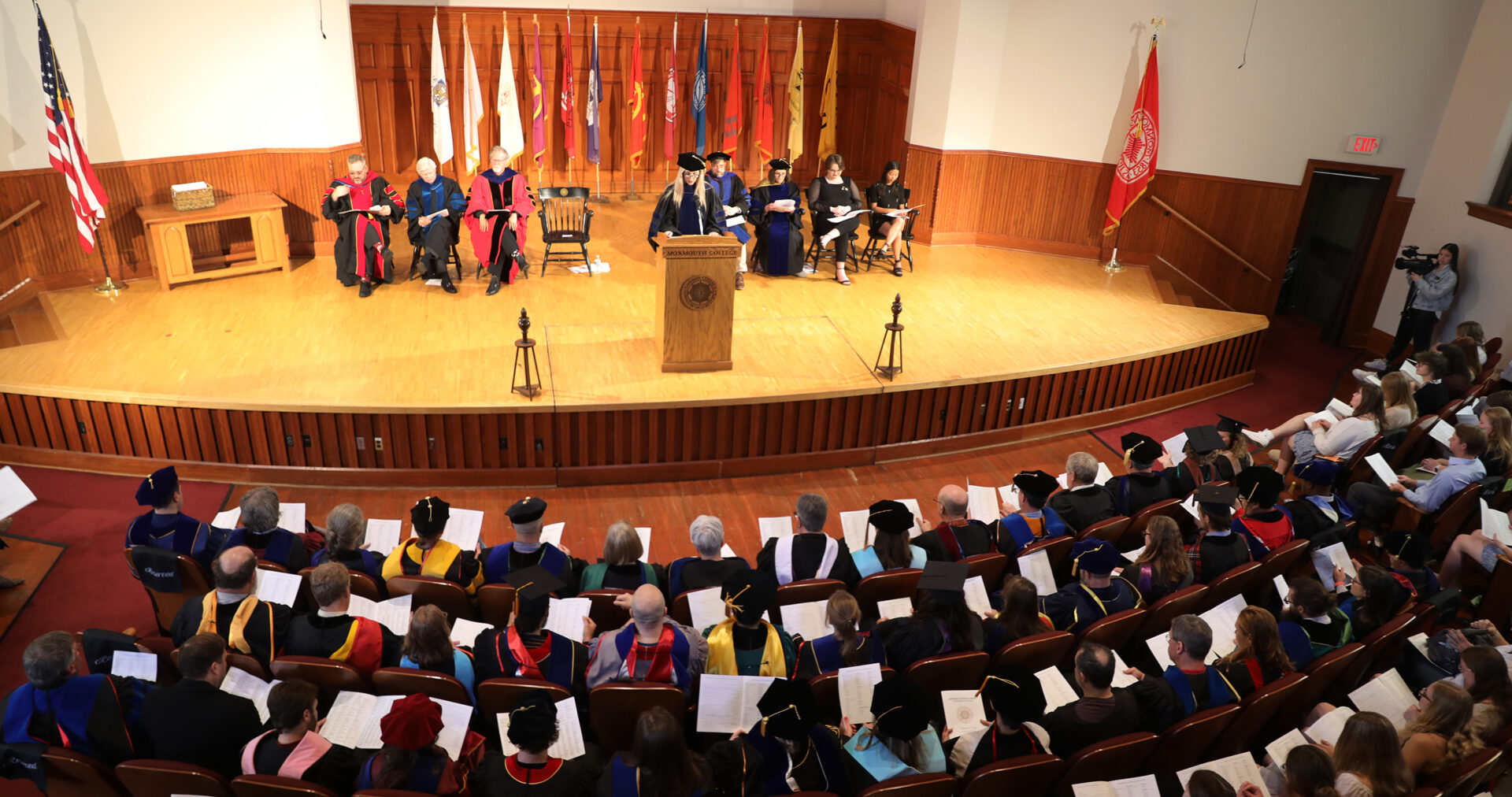Raoul, 17 Attorneys General Argue the Proposal Will Result in Longer Hours, Lower Pay
Attorney General Kwame Raoul and Pennsylvania Attorney General Josh Shapiro today led a coalition of 18 attorneys general in opposing a proposal by the U.S. Department of Labor to change the method employers use to calculate overtime, which would force employees to work longer shifts while reducing their weekly earnings.
In a letter issued today, Raoul and the coalition urged the Department of Labor (DOL) to withdraw its proposed rule amending the DOL’s regulation on the fluctuating workweek method of computing overtime. The coalition argues that the DOL’s proposal to arbitrarily expand the application of the fluctuating workweek method compromises worker safety, reduces the compensation workers receive for overtime work, and makes it more difficult for employers to comply with fair labor laws.
“All employees have a right to receive a fair living wage for the work they perform, which includes receiving fair compensation for any hours they work,” Raoul said. “I urge the Department of Labor to withdraw its arbitrary proposal that will allow employers to take advantage of their employees and impede states’ ability to protect our workers.”
Under the fluctuating workweek rule, employers can agree to pay a limited class of employees whose hours fluctuate from week to week a fixed salary for all hours worked. Those employees’ regular rate of pay is calculated by dividing the employee’s fixed salary by their total hours worked. Employers must then pay those employees an additional half of their regular rate for each overtime hour worked.
The rule has long been held as being incompatible in instances in which employees receive additional pay like bonuses and shift differentials linked to the hours they work. The fluctuating workweek rule is the only rule under which workers’ hourly and overtime rates of pay actually decrease as the amount of hours they work per week increase. For that reason, states such as Illinois and Pennsylvania use a modified fluctuating workweek method or apply it only in the narrow set of circumstances allowed under current law.
The DOL’s proposal would expand the application of the fluctuating workweek to employees who receive any kind of additional pay, including pay incentives linked to employees’ hours worked, despite decades of legal precedent. In their letter, Raoul and the coalition argue that expanding the use of the fluctuating workweek rule decreases an employee’s regular and overtime rate of pay the more the employee works. The coalition also argues that while the DOL claims the proposed rule will boost job creation, it actually creates incentives for employers to overwork employees instead of hiring additional staff. As employers reduce fixed salaries in lieu of paying employees premiums for working specific shifts, employees unable to work shifts offering premium pay will receive greatly reduced wages.
Additionally, Raoul and the attorneys general point out that the DOL’s proposed rule undermines the Fair Labor Standards Act (FLSA), which was enacted in 1938 and ensures that employees are fairly compensated for working more than 40 hours per week. Instead of protecting workers from long hours and unfair compensation, the proposed rule threatens to expand the use of the only method for calculating overtime where the more the employee works, the less the employee is paid for each hour of overtime.
The proposed rule also runs counter to past court and department precedent. For decades, courts have held that employers may only use the fluctuating workweek rule when employees earn a fixed salary for all hours of work. In 2011, the DOL rejected a similar proposed rule because it would have the unintended consequence of allowing employers to pay a lower fixed salary and shift employees’ compensation into bonuses, resulting in wide pay disparities depending on the hours employees worked. Raoul and the attorneys general argue that, in light of this precedent, the DOL offers no evidence to necessitate its policy change.
Joining Raoul and Shapiro in submitting the letter are the attorneys general of California, Colorado, Connecticut, Delaware, the District of Columbia, Hawaii, Maryland, Massachusetts, Minnesota, Nevada, New Mexico, New York, North Carolina, Oregon, Vermont, and Washington.
***Report Courtesy of the Office of the Illinois Attorney General***
















